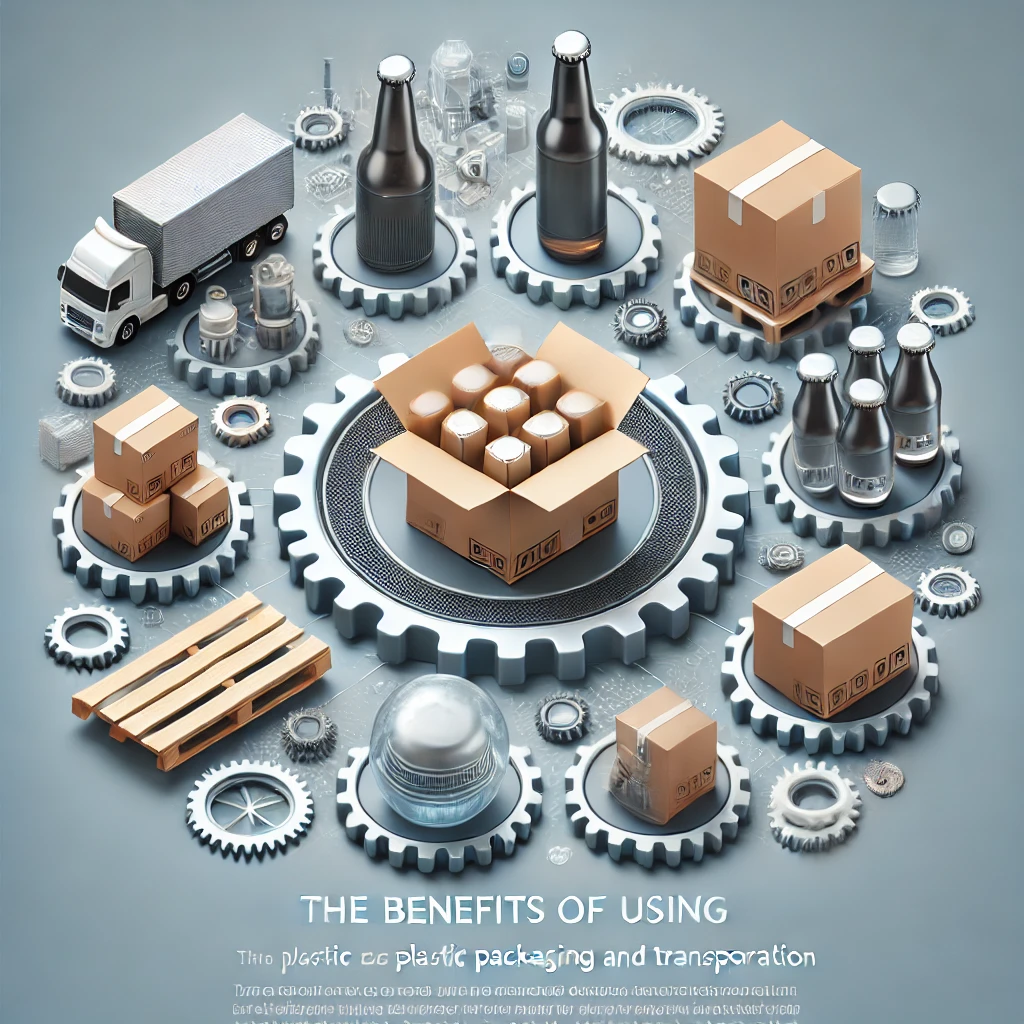Blog
The Benefits of Using Plastic Cap Plugs for Packaging

In packaging and transporting goods, safeguarding components is crucial to maintaining integrity and functionality. Plastic cap plugs offer a simple yet effective way to protect parts from damage, contaminants, and moisture during storage and transit. These small tools are game-changers in the logistics industry, contributing to the safety and longevity of products. In this article, we explore the many advantages of using plastic cap plugs across various applications, focusing on their role in enhancing product safety, cost-effectiveness, and sustainability. Keep reading to discover why plastic cap plugs should be an integral part of your packing routine.
Enhancing Product Safety During Transportation with Plastic Cap Plugs

Damaged goods hurt the bottom line and tarnish a company’s reputation. Plastic cap plugs prevent such outcomes, as their shock-absorbing qualities buffer against impacts during handling and transport. They are designed to hold firm, even when products are jostled, or vibrations occur, securing vulnerable parts from the rigors of transit.
The customizable nature of plastic cap plugs allows for variations in design, such as vented plugs for pressure equalization or those with ergonomic features for easier handling. These nuances contribute to efficient and secure transport solutions tailored to meet specific industry needs. Google ‘cap plugs plastic‘ if you are looking.
Sustainability and Recycling Potential of Plastic Cap Plugs in Packaging
Addressing environmental concerns has become paramount for businesses, and the conversation around sustainability in packaging is more relevant than ever. Plastic cap plugs are integral to this dialog as they protect products and can be manufactured from recyclable materials. Such materials minimize the ecological footprint of packaging, presenting a responsible choice for forward-thinking companies.
- The ease of recycling plastic cap plugs once they have served their purpose further enhances their eco-friendly profile.
- When part of a well-structured waste management program, these caps can be collected, processed,
- And transformed into new products, therefore completing a circular lifecycle that benefits the industry and the environment.
Overall, plastic cap plugs offer a versatile and practical solution for protecting products during packaging and transportation. Their ability to enhance product safety, reduce costs, and support sustainability makes them invaluable for businesses across various industries.
